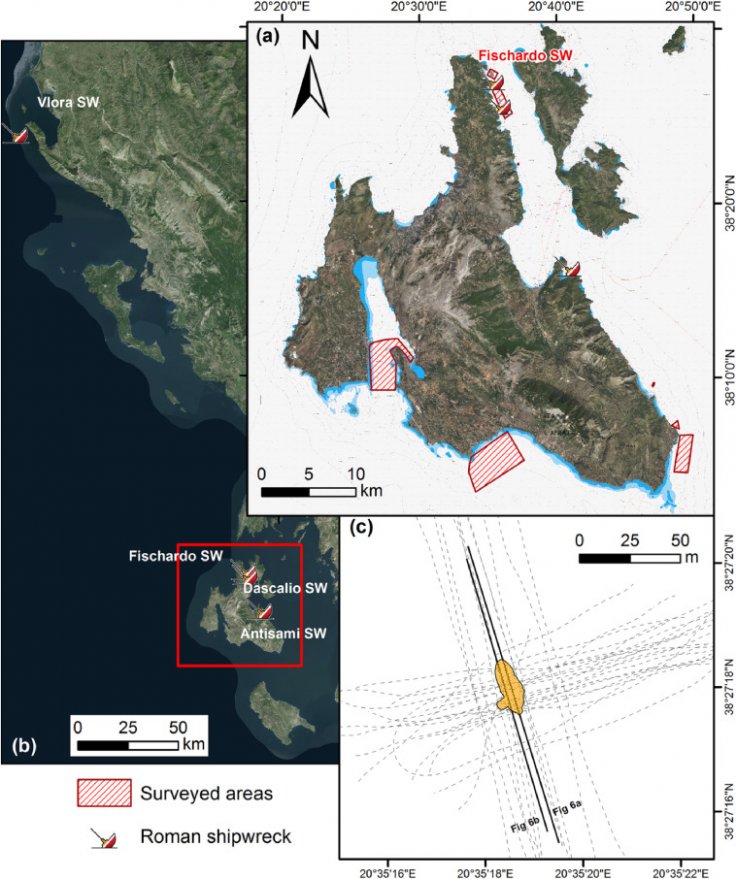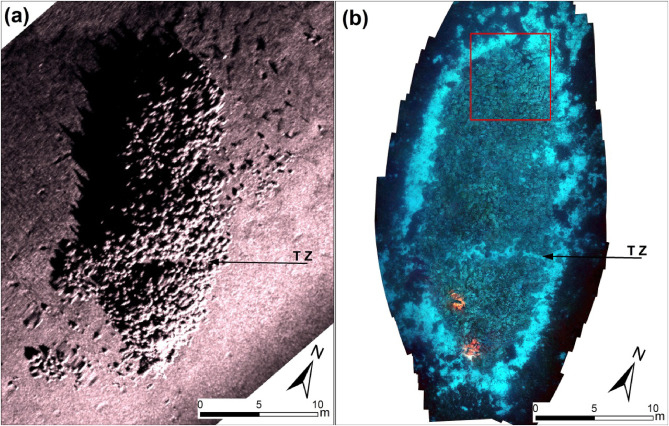A roman shipwreck has been discovered which was crossing the Mediterranean sea almost 2000 years ago along with large terracotta pots that were used in the Roman Empire for transporting wine and olive oil. The discovery indicated the importance of Cyprus for maritime trade in ancient times due to its strategic position.
The discovery site
Protaras, on the southeastern coast of Cyprus, is known for luxurious resorts but recently when archaeologists found the 2000-year-old shipwreck of Roman origin, they noticed that it has never been disturbed.
After being underwater for around two millennia, archaeologists have discovered the ancient ship along with its cargo of 6,000 amphorae. Further analysis revealed that the wreck dated to between 100 BCE and 100 CE, is possibly the largest classical shipwreck found in the eastern Mediterranean. The discovery was made at a depth of 197-ft during a sonar-equipped survey of the seabed off the coast of Kefalonia or Cephalonia, an island in the Ionian Sea, west of mainland Greece.
It should be known that mist of the ships from this ear was around 50 feet long but this is the only one which is 110-ft long. Such classic era shipwrecks are difficult to discern with sonar and often hidden by natural features.

Technology used to discover the shipwreck
The research which was conducted by Oceanus network of the University of Patras involved artificial intelligence image-processing techniques which helped the researchers to find out the remains of the Roman ship. It should be noted that this study, which was funded by the European Union Interreg program, was published in the Journal of Archeological Science.
George Ferentinos from the University of Patras, who along with nine of his fellow academics had made the discovery, stated that this is the fourth largest shipwreck from the period found in the entire Mediterranean that also has some "significant archaeological importance."
"The shipwreck has the potential to yield a wealth of information about the shipping routes, trading, amphorae hull stowage and ship construction during the relevant period," the archaeologists mentioned in their study.

The archaeological program
During this survey, which was conducted in 2013 and 2014, archaeologists also found three almost intact remains from World War Two. "Further study of the wreck would shed light on sea-routes, trading, amphorae hull stowage and shipbuilding in the period between 1st century BC and 1st century AD." Since the retrieving process is very difficult, they decided to recover an amphora and using DNA techniques to find whether it was filled with wine, olive oil, nuts, wheat or barley.
Roman Cyprus
Cyprus was ruled by Persians and around 333 BC, taken over by Alexander the Great and later annexed by Romans in 58 BC. However, Cyprus holds its position as an important link in the main maritime routes across the eastern Mediterranean but its popularity only faded away when the Arab kingdoms disrupted these routes in the 7th century AD.









